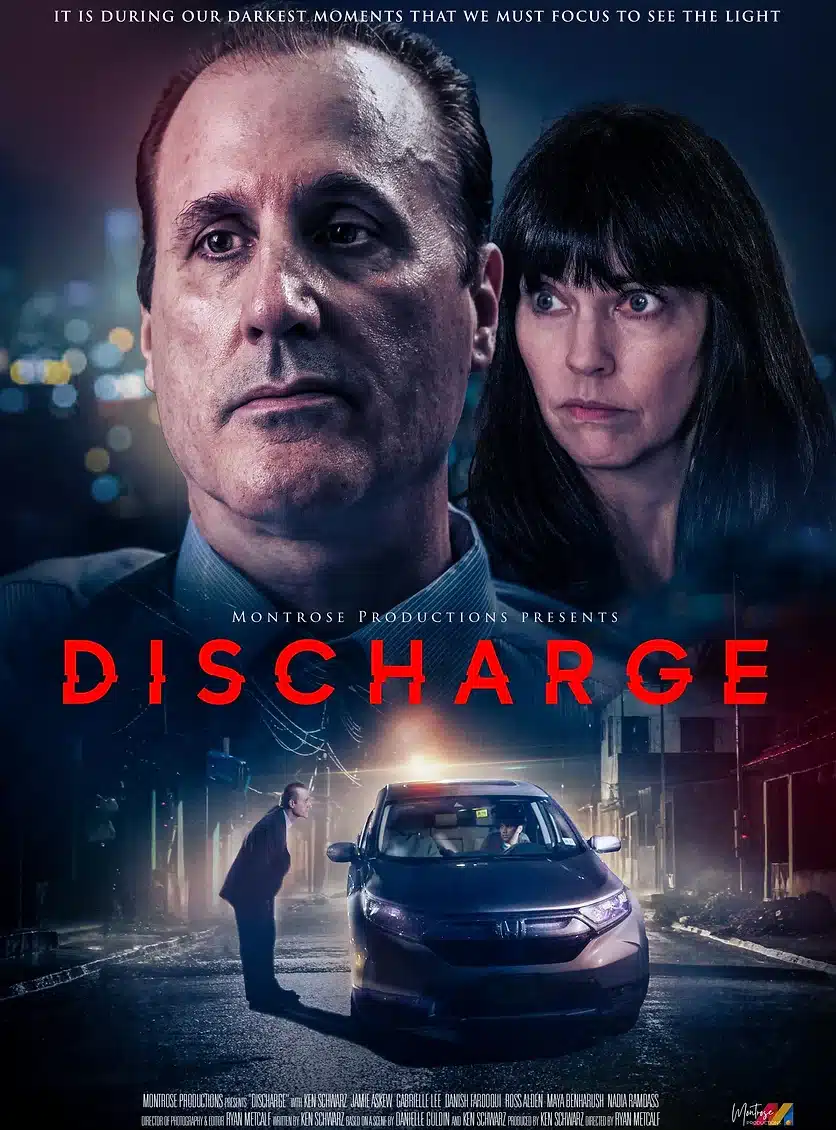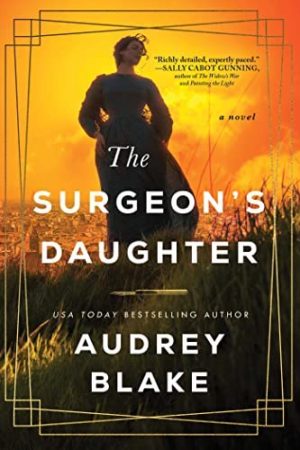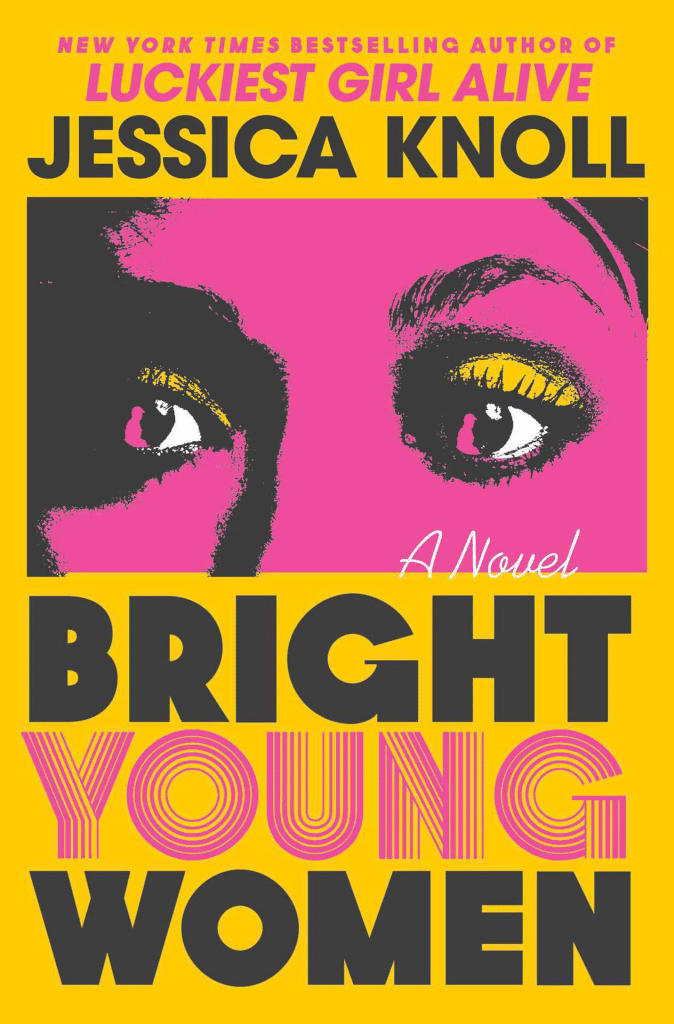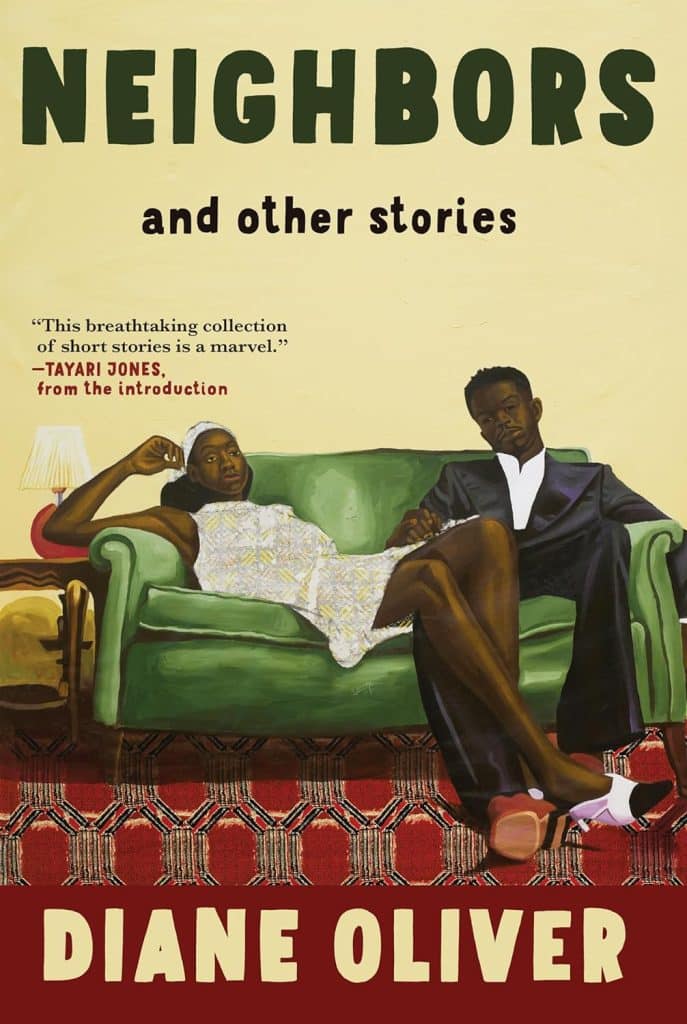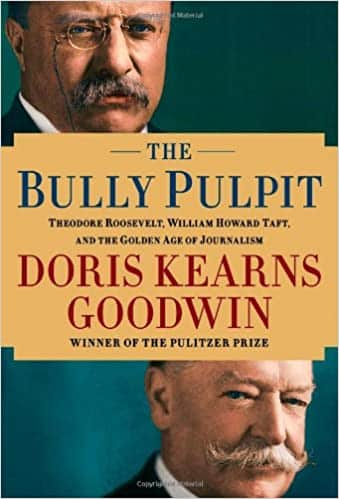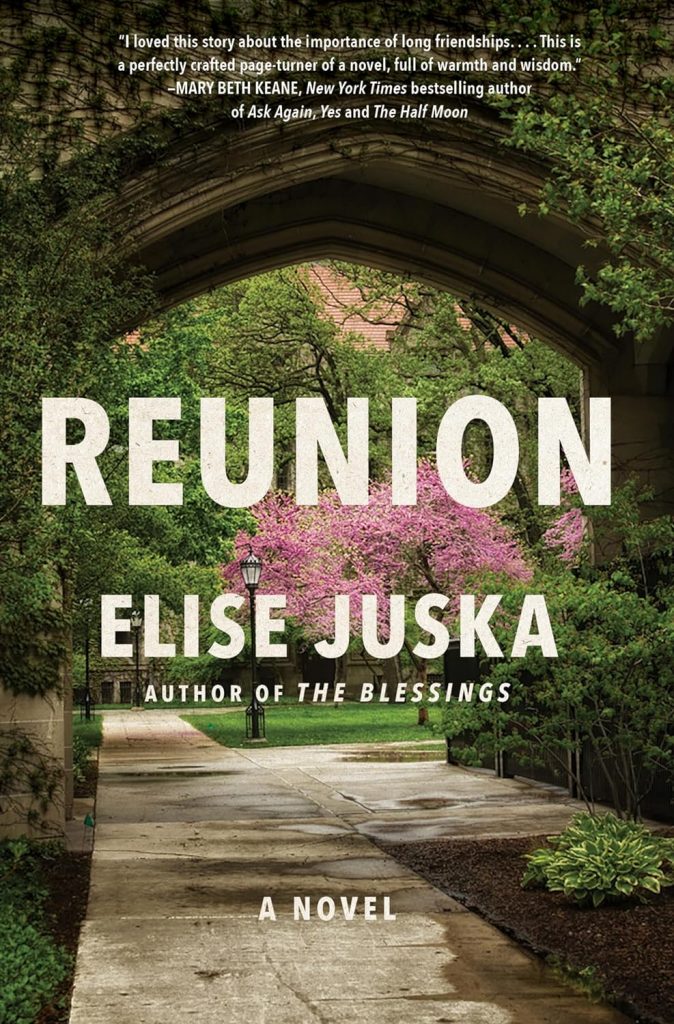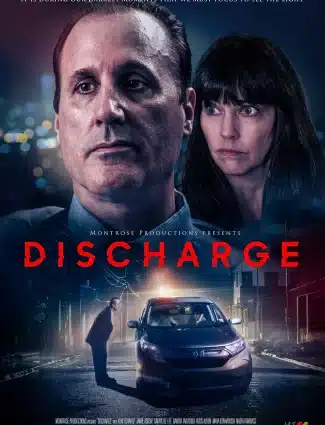
Here and Now is Where I Live!
Estimated reading time: 1 minute, 18 secondsI always make it a point to attend the Garden State Film Festival. Although I only attend the shows at the Cranford Theatre, just a five-minute walk away, I enjoy watching all the films. Out of all the movies, “Discharge,” a dramatic short film about a troubled cop who is struggling to heal from the loss of his son and reclaim his present, was the one that I found particularly relevant and thought-provoking.
The screenwriter and actor Ken Schwarz described “Discharge” as the first professional film he wrote and produced under a SAG-AFTRA agreement. He “realized that the theme of dealing with the effects of traumatic stress that I was funneling into the script was coming out of me as a way of expressing the feelings of isolation and PTSD I had within me – intensified, and yet all bottled up, because of COVID.”
The video has several scenes in which Mr. Schwarz is acting. The first scene is from “Discharge.”
Upon viewing Mr. Schwarz’s film, I couldn’t help but relate to his difficulty in processing the pain of loss while navigating the present moment. As a widow, I have faced a similar struggle and have learned that the key to moving forward is to embrace the future and not let the past hold me back from experiencing life to the fullest. Although my wife’s memory will always be with me, I draw strength from her encouragement to keep living. Like Mr. Schwarz, I am determined to focus on the present and make the most of every day.



